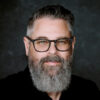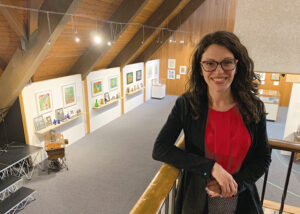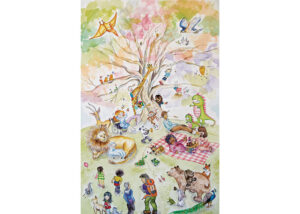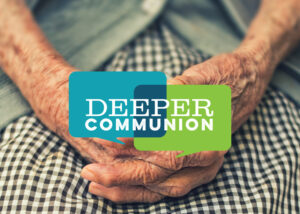For centuries, people who questioned the church and its dogma were silenced and at times persecuted. The church coerced the masses to acquiesce to its doctrine by shaming sceptics and denouncing doubters. To say this was wrong would be a colossal understatement.
The truth is, the church needs doubters and sceptics for its own good. Healthy doubt is essential to learning and growing in all areas of life. It is an essential element of genuine faith. It is a gift from God.
Nevertheless, all gifts from God can be misused and abused. When they are, they often cause harm. For example, your sex drive is a gift from God, but I wouldn’t advise letting your libido run your life. It’s important for most people to have an outlet for Eros; the appropriate outlet is marriage for orthodox Christians. It’s equally important to place restraints on sexual impulses in order to live in society. People who don’t, often end up in prison. We must bridle our sex drive with self control. When we fail to do this, we risk causing harm to ourselves and others.
The same applies to doubt. It is a gift from God, but we must bridle our doubt with honest intention or we risk causing harm.
The intention of healthy doubt is a desire to understand. With honest intention we ask honest questions; questions that sincerely seek answers; questions we don’t already know the answer to, or, if we do, that stem from an openness to answers that differ from our own.
Toxic doubt asks dishonest questions, questions we already know the answer to and are only asking to ensure others have the “right answer” too. The intent of a dishonest question is usually to make a point rather than to understand other perspectives. Dishonest questions can also be used as a weapon to harm others or to resist truth.
Without the bridle of honest intention, our doubt will turn toxic and bring harm or destruction.
Last year, I realized my doubt had become toxic. Years of inadequately restrained doubt were eroding my faith. I felt this in my heart, I sensed it in my body, I observed it in my life and ministry. I was experiencing the destructive effects of unbridled doubt firsthand.
Missiologist Alan Hirsch believes that doubt is destroying the western church. In his book Forgotten Ways, he describes the church as a movement and then demonstrates how doubt destroys movements by interplaying concepts of movement dynamics with the organizational lifecycle. The descending side of the Bell curve of the organizational lifecycle is marked by several phases of decline and breakdown. When viewed through the lens of movement dynamics, the initial phase of decline is initiated, or accompanied by, operational doubt, followed by ideological doubt and then ethical doubt. The final phase is the death of the movement that is accompanied by absolute doubt.
Hirsch concludes, “Transformative movements are filled with people who really believe that their message is the answer to the world’s problems . . . they believe and they act out of their belief.”
I must confess this kind of belief doesn’t come naturally to hard-wired doubters like me. Thankfully, in a moment of “prayer-induced” clarity last year, I sensed Christ calling me back to life, breathing his Spirit into the dry bones of my faith with these words: “Trust in me and springs of living water will flow from your heart.”
As a Christian, I’m invited to trust and believe in Christ. Not just in his teachings, death and resurrection, but, most importantly, in his living, breathing presence within us and all around us today. When I do, something happens in my heart first, then in my mind.
Divine Spirit revealed my perpetual doubting to be a mind game of mistrust. My doubts had turned my faith into an intellectual puzzle, keeping my faith and relationship with God in my head, so the only things that occasionally changed were my beliefs and ideas. My chronic doubt prevented real transformation from taking place in my heart, attitudes, actions, habits, values and desires.
The remedy for my toxic doubt has been trusting and connecting to the presence of Christ in my heart, soul and body, which, as a result, has renewed my mind. What has been most surprising for me throughout this rekindling of my faith over the past year is how important and powerful “heart connection” is to receiving wisdom.
This is Part 9 of ‘Wisdom, where art thou?’
Read part 1
Read part 2
Read part 3
Read part 4
Read part 5
Read part 6
Read part 7
Read part 8
Read part 10







Leave a Reply
You must be logged in to post a comment.